Leningrad in the Brezhnev era: Stagnation and emigration (1964-1984)
Nikita Krushchev was ousted by Leonid Brezhnev in 1964, and the tentative Thaw turned slowly but inexorably into economic and social Stagnation. The various celebrations for the fiftieth anniversary of the Revolutionary Year 1917, in which enthusiastic workers with flaming torches paraded about Leningrad, could not disguise the general malaise felt by a significant portion of the city's population, which only increased as Brezhnev's reign wore on. By the mid-1970s, his worsening health and declining mental abilities aptly symbolized the country's increasingly parlous state.
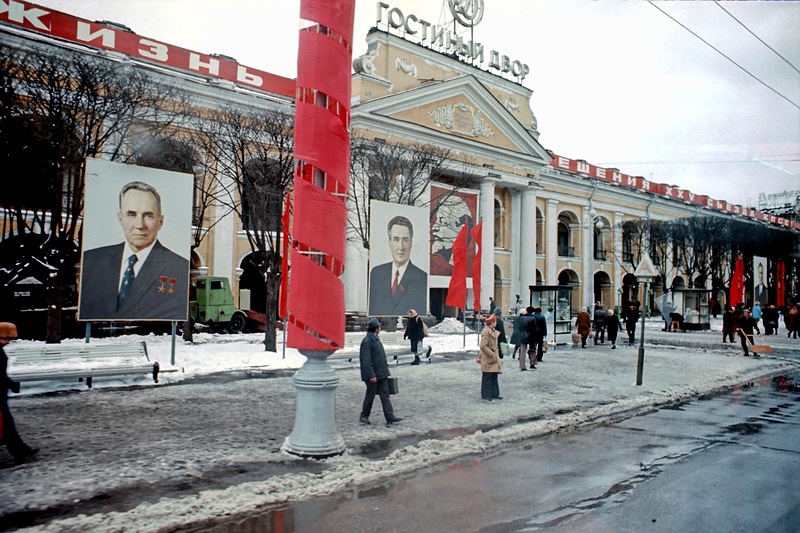
The inherent disfunctionality of the Soviet command economy led to the increasing scarcity or complete lack of consumer goods on the official planned market, and people resorted to a booming second economy, which was fed with Western items such as blue jeans smuggled in from abroad, goods and services produced by Soviet citizens either in underground facilities or by moonlighting, and by items pilfered for re-sale from the work place. This shadow economy was highly illegal, but so pervasive that almost nobody could avoid participating in it since it was often the only way to obtain needed or desired products.
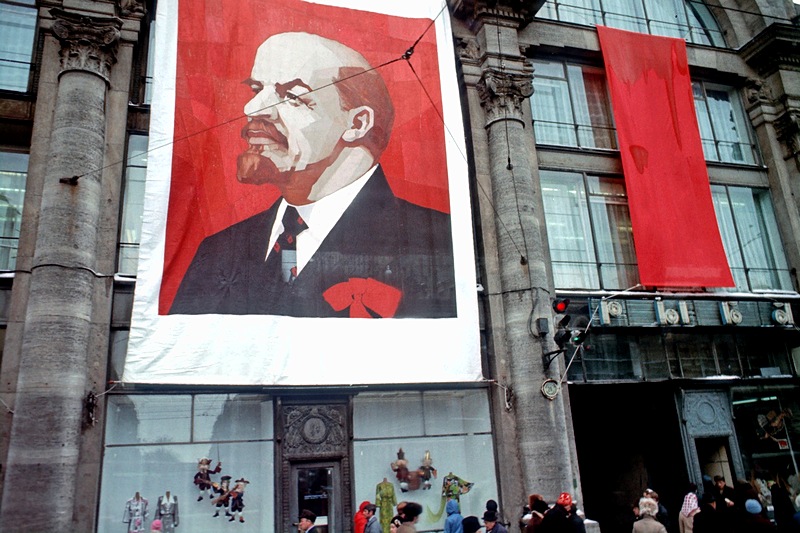
Not only were consumer items in high demand, so was information. Mass media were under stringent government control, so people turned to samizdat to gain access to real news or forbidden books. Meaning "self-published", this form of dissident activity involved reproducing censored information or literature with a typewriter and carbon paper or, when possible, on mainframe printers during night shifts. The copies were then handed from person to person, often with a twenty-four hour deadline to read and pass on. Harsh punishment awaited anyone caught possessing or copying such censored materials: in 1976, the Leningrad projectionist Oleg Moskvin illegally photographed The Gulag Archipelago, Alexander Solzhenitsyn's massive work documenting the horrors of the Soviet camp system. Betrayed to the police, Moskvin was declared insane and hospitalised for forced psychiatric treatment from which he only emerged in 1984.
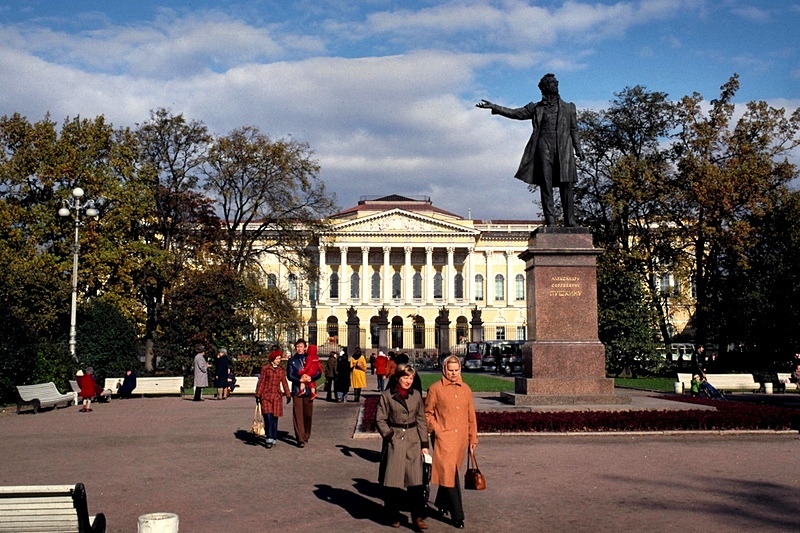
An unavoidable result of the oppressive censorship was the heavy damper it placed on creativity. Since the early days of Stalin's reign, the only officially permitted style was Socialist Realism, which glorified the successes of the working class. Artists who experimented in other genres faced an array of punishments, from being forbidden to publish or exhibit works to involuntary treatment in mental hospitals or a stint in the Gulag. This stifling stranglehold influenced some of the very few artists allowed to travel abroad to take an irrevocable step: they defected. Mikhail Barishnikov from Leningrad's renowned Kirov Ballet managed to escape his "protective" KGB guard while on tour in Canada in 1974 and request political asylum. Barishnikov, one of the world's greatest dancers, had felt suffocated by the Soviet Union's rejection of innovative choreography popular in the West and its penchant for musty nineteenth-century Russian dance traditions. He explained, "I am individualist and there it is a crime."
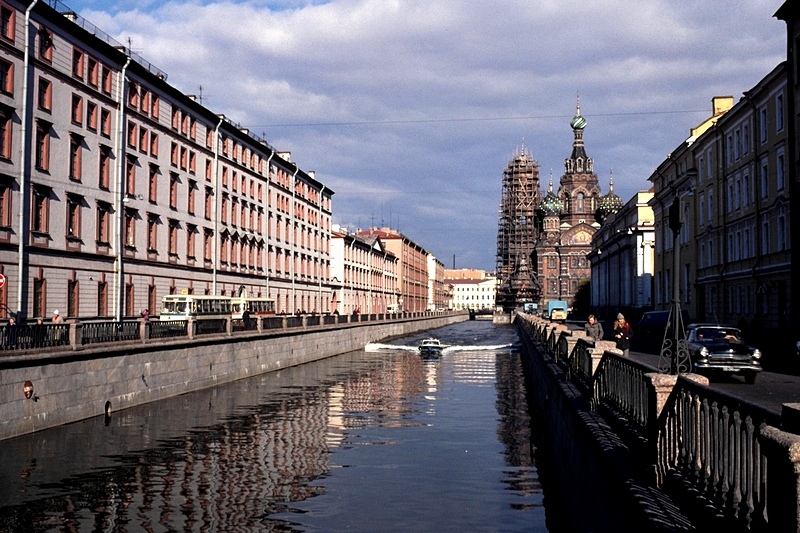
In other cases, artists were forcibly deported. The Leningrad poet Joseph Brodsky was convicted of "social parasitism," a convenient law that permitted legal action against any troublesome person who was supposedly not fulfilling the duty of every good citizen to contribute to Soviet society.
An excerpt from the trial:
Judge: Tell the court why you didn't work in between jobs and led a parasitic life style.
Brodsky: I worked in between jobs. I did what I do now: I wrote poems.
Writing poems was not enough, and, after spells of hard labour in the Arctic and enforced stays in mental institutions, Brodsky was eventually forced into exile, convicted for nothing more than being a poet. Having twice refused to emmigrate to Israel on the basis that he preferred to live in his home country, he was eventually in 1972 simply placed on a plane at Pulkovo Airport, having no idea whether it would head east or west. (He ended up in New York and went on to win the Nobel Prize for Literature). Many others were more keen to leave the stagnating Soviet Union, however, and the so-called "third wave" of Russian emigration gave thousands of Leningrad's citizens a one-way ticket to Israel, the United States and Western Europe.
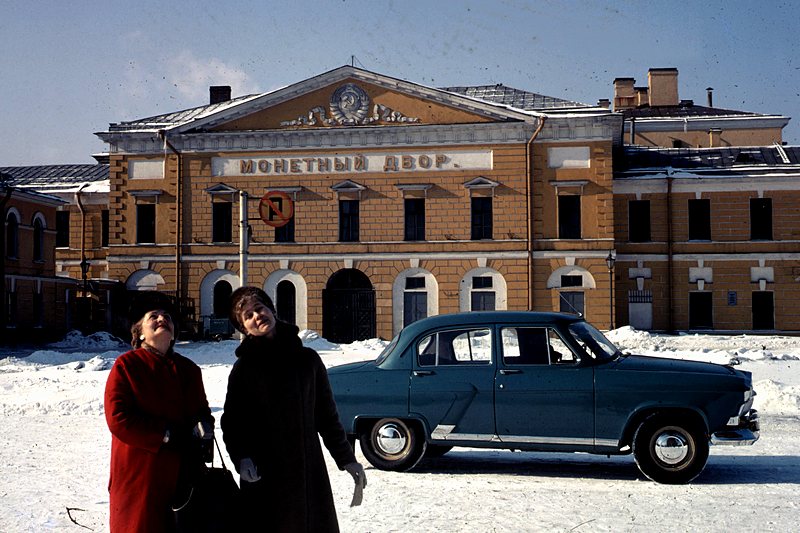
Despite the official stranglehold, by the 1970s Leningrad was home to a burgeoning underground of artistic creativity. Alongside "non-conformist" visual art, the rock music scene was particularly vibrant. Officially outlawed as decadent and bourgeois, rock bands initially performed only in semi-underground clubs and private apartments. Then, in 1981, the Leningrad Rock Club was formed at the secret initiative of the KGB on the assumption that musicians would thereby congregate in one place where they could be more easily kept under observation. The club was the first and only place in the city where rock music could be legally performed and many of the country's best groups emerged from the Rock Club, ensuring that Leningrad/St. Petersburg would always be considered the home of Russian rock 'n roll. Among the club's alumni were Akvarium, Alisa, DDT and Kino. Their lyrics, even though controlled, gave whisper to the desire for change.

